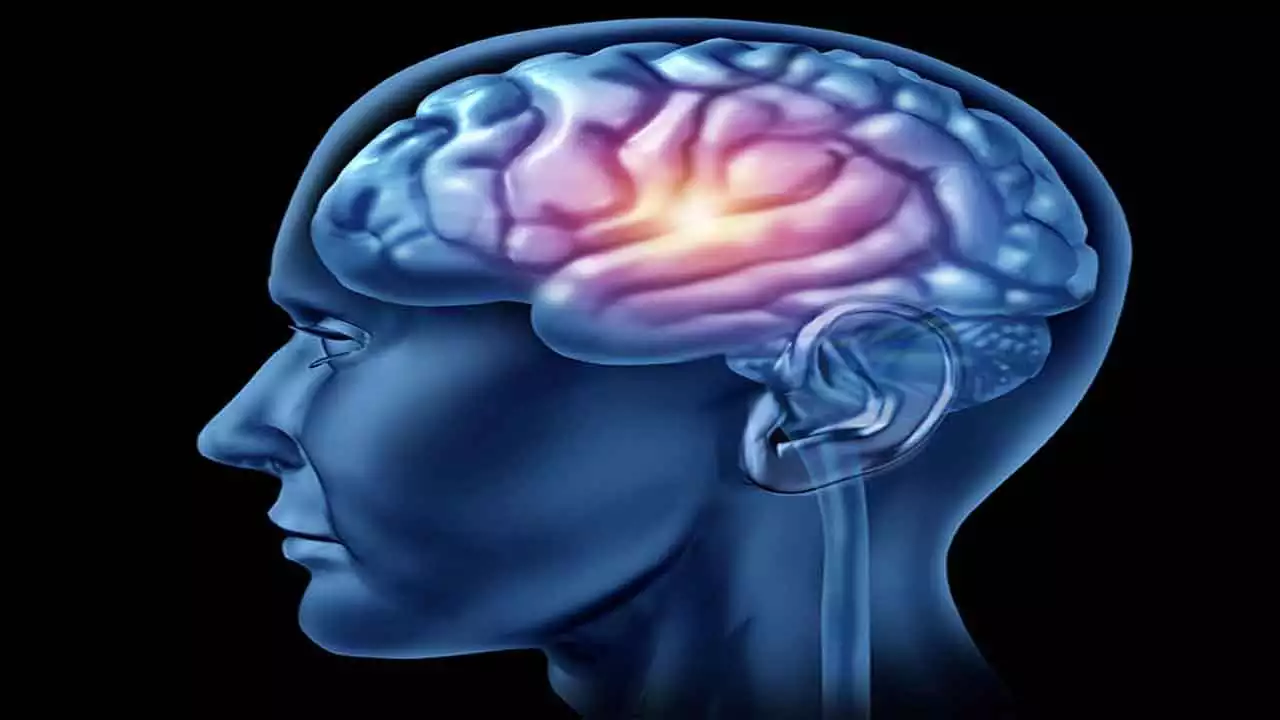In a groundbreaking study, scientists have identified 13 proteins that play a significant role in brain aging. This discovery not only sheds light on the biological mechanisms of aging but also opens doors to potential anti-aging treatments. While the findings are promising, experts emphasize the need for further research to fully understand why these proteins are linked to accelerated brain aging and why their levels peak at specific ages—57, 70, and 78.
The Study: Analyzing Brain and Blood for Clues
To uncover the link between proteins and brain aging, researchers analyzed data from nearly 11,000 participants aged 45 to 82. The study involved MRI brain scans, which were used to estimate the biological brain age of each participant. This measure compared how old a person’s brain appeared to be biologically versus their actual chronological age.
Using artificial intelligence, the researchers assessed the rate at which participants’ brains were aging. By comparing brain age estimates with blood samples from around 5,000 participants, the team examined the concentrations of nearly 3,000 proteins. Their goal was to identify which proteins were strongly associated with brain aging.
The 13 Proteins Linked to Brain Aging
The results of the study revealed 13 proteins that stood out as critical markers of brain aging. These proteins exhibited significant changes in concentration as biological brain age increased.
- Proteins and Cellular Stress: Several of these proteins were linked to cellular stress and inflammation, two factors known to contribute to aging.
- Decline in Protective Proteins: Proteins that play a role in maintaining brain function were found to decrease with age, suggesting a gradual decline in the brain’s natural defenses.
- Inflammation and Aging: Elevated levels of inflammatory proteins may accelerate brain aging, contributing to cognitive decline and age-related conditions such as Alzheimer’s disease.
Why Do These Proteins Spike at Certain Ages?
One of the intriguing aspects of the study is the observation that these proteins show significant changes in concentration at the ages of 57, 70, and 78. Scientists are still trying to understand why these particular ages act as turning points for brain aging.
Experts speculate that these shifts may correspond to key stages in the aging process, influenced by hormonal changes, environmental factors, or genetic predispositions. More research is needed to explore these connections and their implications for long-term brain health.
Artificial Intelligence: A Game-Changer in Brain Aging Research
The use of artificial intelligence (AI) was pivotal in this study. AI algorithms analyzed MRI scans to estimate brain age with remarkable accuracy, providing a deeper understanding of how quickly individual brains were aging. This innovative approach allowed researchers to correlate protein levels with brain aging in a way that would not have been possible using traditional methods.
AI is increasingly being used in aging research to identify patterns and predict outcomes, making it a powerful tool for advancing our understanding of complex biological processes.
Implications for Anti-Aging Treatments
The discovery of these 13 proteins offers exciting possibilities for developing treatments aimed at slowing or even reversing brain aging. By targeting the proteins that accelerate brain aging or boosting the levels of protective proteins, scientists may be able to mitigate cognitive decline and enhance brain health.
Potential therapies could include:
- Protein-Based Treatments: Medications or supplements designed to regulate the levels of these proteins in the blood.
- Anti-Inflammatory Strategies: Reducing inflammation to slow the aging process.
- Lifestyle Interventions: Personalized approaches that address the specific biological needs of individuals based on their brain age.
Challenges Ahead
Despite the promising findings, there are still many unanswered questions. Researchers need to determine why these proteins behave the way they do and whether their effects can be modified without causing unintended side effects.
Additionally, it’s unclear how lifestyle factors such as diet, exercise, and stress influence the concentrations of these proteins. Understanding these interactions will be critical for developing effective and personalized anti-aging interventions.
The Bigger Picture: Aging and Brain Health
This study is part of a larger effort to understand the aging process and its impact on the brain. As life expectancy continues to increase worldwide, maintaining cognitive health has become a top priority for scientists and healthcare professionals.
The findings highlight the importance of addressing not just aging itself but the specific biological changes that accompany it. By focusing on proteins and their role in brain health, researchers are taking significant steps toward unlocking the secrets of aging and developing solutions that could benefit millions.
A Promising Path Forward
The identification of 13 proteins linked to brain aging is a major breakthrough in the field of neuroscience and aging research. While much remains to be explored, these findings provide a solid foundation for future studies and potential therapies.
As scientists continue to delve into the complex relationship between proteins, brain aging, and overall health, the hope is that this research will lead to innovations that improve the quality of life for aging populations worldwide.



